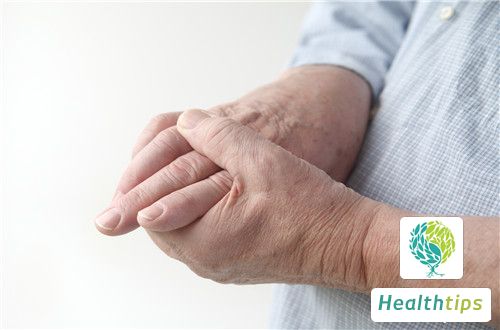Why Is My Newborns Stool Slightly Green?
Explanation of Green Stools in Newborns

The resistance and gastrointestinal capacity of newborns are relatively weak, making them prone to various issues. When a child's health is compromised, it may not be easily discernible from external observations. In such cases, assessing the child's stool condition can provide valuable insights. Some parents may notice that their child's stool is green, unlike its usual appearance, and this can understandably cause concern about potential health issues. Let's explore the reasons behind green stool in newborns.
1. Breastfeeding and Green Stools
The color of stools is closely related to the chemical changes in bile. Bile in the upper part of the small intestine contains bilirubin and biliverdin, which give the stool a yellowish-green color. As the stool passes through the colon, biliverdin is reduced to bilirubin, resulting in a yellow color. Breastfed infants tend to have acidic stools, and under the influence of intestinal bacteria, some bilirubin is converted to biliverdin, giving the stool a light green color. This is a normal phenomenon. As long as the baby is feeding well and otherwise healthy, mothers should not be concerned as this is a temporary condition that will improve with time.
2. Cold Exposure and Green Stools
If the milk fed to the baby is slightly cool or if the baby's abdomen or feet are exposed to cold, it may result in green stools. Cold exposure can cause faster intestinal motility, and in the colon, biliverdin may not have time to be reduced to bilirubin, resulting in a green color. This is a common cause of green stools and may be accompanied by symptoms similar to a cold. If only green stools are observed, it is important to keep the baby warm, especially at night, and the condition should resolve in a few days. If symptoms of a cold are present, they should be treated accordingly.
3. Hunger and Green Stools
Some babies may experience green stools due to hunger. Hunger can cause accelerated intestinal motility, resulting in green stools. Babies who are hungry may also exhibit signs of fussiness and discomfort, which can help distinguish this cause from others. In such cases, simply increasing the amount of milk fed to the baby should resolve the issue.
4. Iron-Fortified Formula and Green Stools
Artificially fed infants tend to have alkaline stools, which can further convert some fecal bilirubin to fecal urobilinogen. Since fecal urobilinogen is colorless, the stool often appears light yellow. However, if the iron content in the formula is not completely absorbed by the baby, it can also cause green stools. Therefore, the presence of green stools is not necessarily a major concern. As long as the frequency and consistency of the baby's stools are normal, there is no need for undue worry.
In conclusion, green stools in newborns can have various causes, most of which are not serious. It is important to observe the baby's overall condition and stool habits to assess any potential health issues. If there are concerns, it is advisable to consult a healthcare professional for further advice.



















